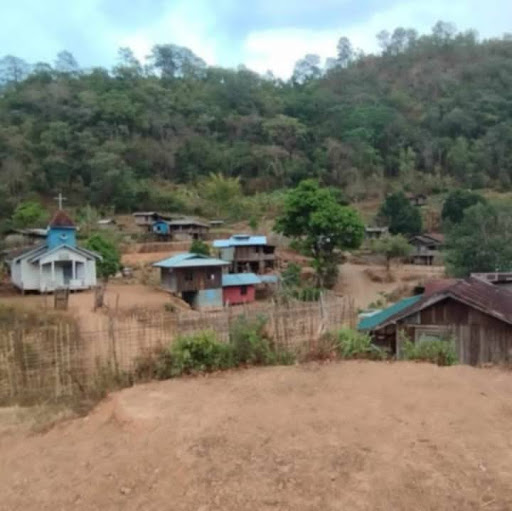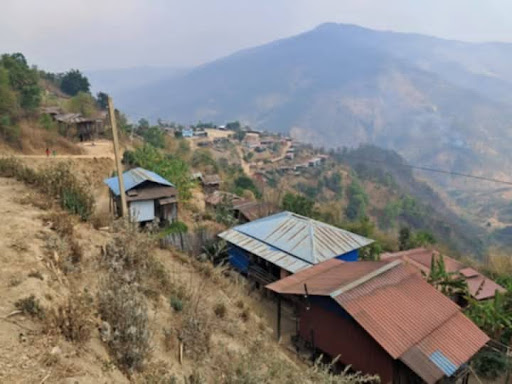DUMVA
Dumva is a village located in the western part of Senthang, Hakha Township, Chin State. It is situated 74 miles from Hakha. Dumva village was founded by Pu Than Lung from Surkhua village around AD 1760, making it approximately 325 years old. The area where Dumva is located was formerly part of the lands of Hakha and Zokhua. Pu Than Lung received permission to settle there and established the village.
When the British arrived, Dumva had 140 households and was well known in Senthang District. The village chiefs at that time were Pu Sa Bawi and Pu Tial Kaw. The British officially appointed Pu Sa Bawi as village chief on November 24, 1915. Later, Pu Lian Thawng became chief until Sui Tum and Lian Sai succeeded him.
Dumva village experienced attacks during the Lai Ral (war) by rebels led by Pu Ral Dun and Pu Ral Bawi. In response, the British government donated 3,000 kyats to support the village.
Surrounding Dumva village are Chawncum and Tilak villages to the east; Surkhua and LungRang villages to the west; LungTar and Maukhua villages to the south; and Pangva and Fahau villages to the north.
The most famous mountain near Dumva is Sapalu Mountain, located to the south of the village. Letva River flows to the west, while Phokva River and Sahau River are found to the east.
In 1960, a government-affiliated primary school was established in Dumva, which is now a middle school.
The villagers of Dumva earn their living primarily through farming (Tlanglo). The first Christian in the village was Pu Dawt Kung, and the first pastor was Pu Thang Kung. Their teachings helped convert the entire village to Christianity.
There are three church denominations in Dumva: Baptist Church, Assembly of God Church, and Roman Catholic Church. The current Baptist pastor is Pastor Cung Hnin.
Dumva village has 35 households and a population of approximately 170 people.






